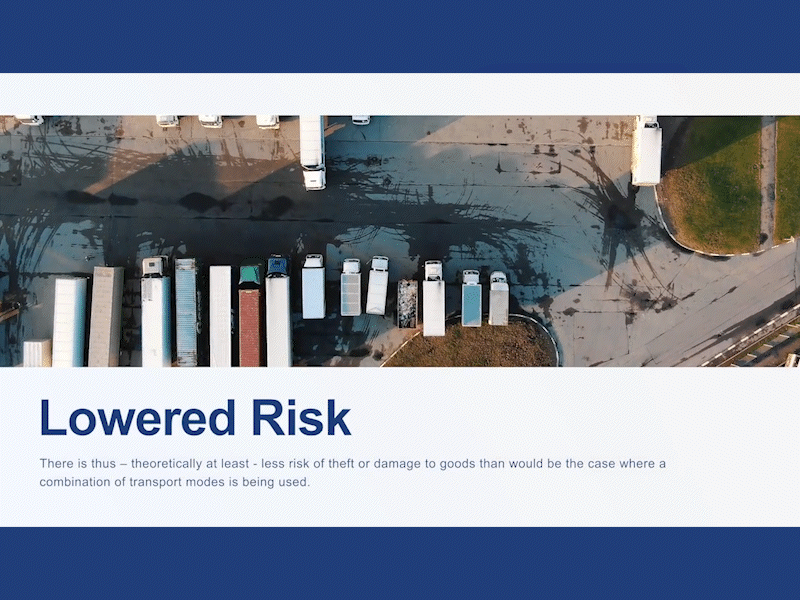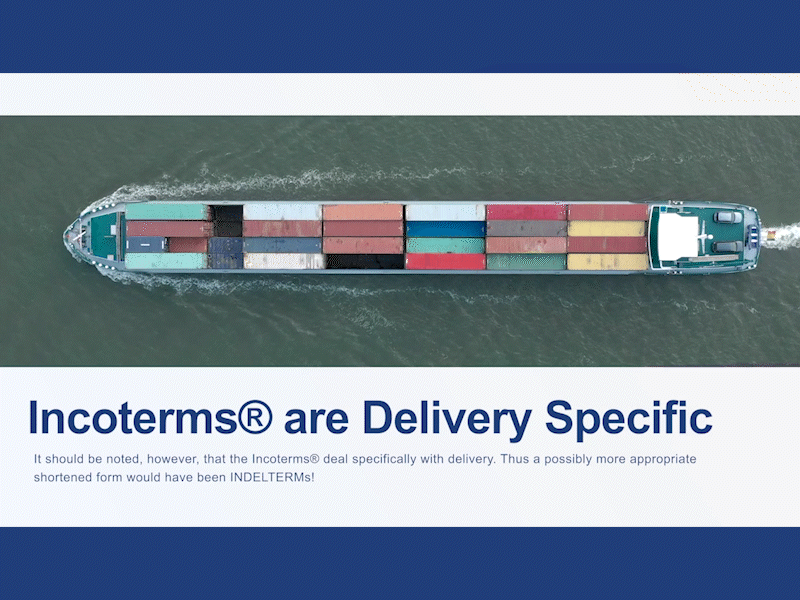Making the transition from domestic sales to export sales without the necessary information is akin to taking a blind ‘leap of faith’. Even though your products may meet international standards, your export transactions could be derailed because of the varying rules that govern international trade in different countries. In this article, we will be focusing on the potential challenges you are likely to encounter as an aspiring exporter.
Potential Sales Challenges
Negotiating sales in a foreign market is often very different from negotiating sales in your domestic market as you could encounter different languages, cultures, legal systems and business practices. In many African and Mediterranean countries, for example, it is the norm for parties to get to know each other before any serious business discussions commence. Going into a meeting and immediately launching into sales negotiations could offend your prospective buyer.

Potential Logistical Pitfalls
Another important consideration when selling internationally is export logistics. Products need to be packaged and labelled in accordance with each importing country’s particular language and regulatory requirements before they are packed and marked in such a way as to ensure their safe delivery. International trade consignments usually have to travel much greater distances than those traversed by domestic consignments, often via a variety of different transport modes. As a result, goods are frequently handled, placing them at greater risk of loss or damage than their domestic equivalents. These and numerous other logistical obstacles could result in late delivery, the arrival of damaged goods and an unimpressed buyer who refuses to pay you. For all these reasons, you should do your homework, or alternatively secure export assistance from an experienced trade consultant to ensure that you succeed in your foreign trade endeavours.

Potential Foreign Trade Legal Challenges
Every country has its own set of rules and regulations, some of which may be aligned to the rules produced by global bodies and those contained in particular trade agreements. Understanding the regulatory requirements of your target export market is absolutely essential, as ignorance (or non-compliance) could result in hefty fines and/or the detention of your goods. Bear in mind that the laws of a particular country are likely to apply not only to your products, but also to your company and the way in which you conduct business. For example, many countries have consumer protection acts that may vary greatly from each other. These acts often include strict rules pertaining to product packaging, product labelling and even the way in which products are described. Of course, there are many more examples of country-specific regulations, such as exchange control regulations and regulations pertaining to the quality, health and safety of particular goods. You should thus undertake thorough market research in advance of quoting on an enquiry from any buyer with whom you have had no previous dealings.
In this article, we have explored the logistical, legal and sales challenges associated with international trade. However, there are many more considerations and challenges. To further broaden your knowledge, Trade Forward Southern Africa, in collaboration with the International Trade Institute of Southern Africa [ITRISA], has developed a cost-free, comprehensive online training course covering all aspects of exports. Click on the links below to sign up and access the training.
To sign up to the School of Export CLICK HERE.
If you already have a profile, CLICK HERE to login to begin the module.










Leave a Reply